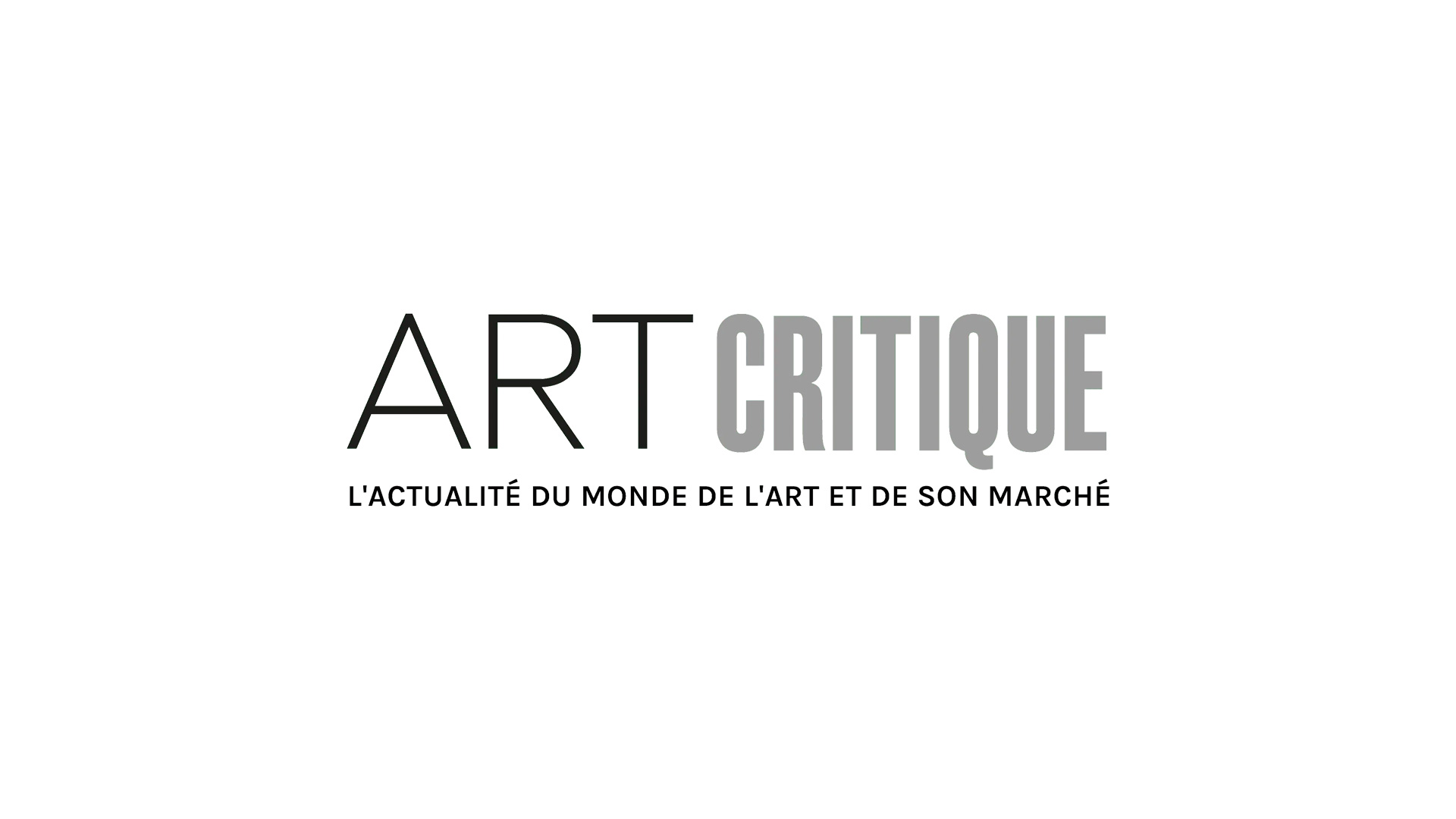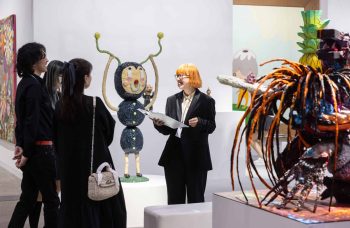Later this summer, artist Katherine McMahon and musician Ray Angry will bring together continued concerns about COVID-19 and ongoing issues of economic inequality in a performance art piece. The work will debut at Guild Hall in East Hampton, New York once the area has entered Phase 4 of their reopening plan, but even before the work has been shown, its message is already significant.
Titled Free Clean Money, the performance will consist of McMahon sanitising $1 bills with Lysol, a disinfectant, which will then be offered to viewers on silver platters. Overall, $500 will be distributed amidst the sound of Angry’s composition “The Protest,” a 36-minute long piano arrangement inspired by the protests that followed the killing of George Floyd. The location isn’t a missed trick, either, with the Hamptons being an historic safe haven for some of the wealthiest in society as well as where many of New York City’s richest fled when COVID-19 began to wreak havoc on the city.
“This collaboration is a statement about economic inequality and the place of money during a global pandemic and civil unrest…” said Angry in an Instagram post about Free Clean Money. “The piece will function as a performance activated by participation from members of the community – Through music, art, and the palpable force of money, we hope to unite people and have a dialogue about the problems we face today.”
“The irony,” McMahon told Artnet News, “is that money is never free and it’s never clean.” McMahon also disclosed that working with real money via a performance piece seemed to make the point more accurately than if she were to paint (her usual medium) money. “Money is this powerful antidote to pain and suffering. It equals power and freedom, but certain people have way too much of it, and way too many people don’t have enough of it. […] You can look around and see what’s happening and how rigged the system is,” she said.
According to McMahon, she and Angry wanted to “explore the perceived need versus the desire for currency, and the quandaries that arise when money is offered in an unconventional way without the obligation of repayment.” Further asking: “What are the systems in place that keep money circulating in lopsided ways?”
McMahon also noted that considering the imagery and symbols included on US currency is more pertinent than ever. “George Floyd was arrested because of an alleged counterfeit $20,” said McMahon. The $20 note currently depicts president Andrew Jackson, who was a slave owner, and it has piqued interest in recent years. In 2016, the Obama administration announced that Jackson would be replaced by Harriet Tubman, a former slave, major part of the Underground Railroad, and pioneer in women’s suffrage. However, last year, it was made clear that the bill would not be produced until president Trump is no longer in office. In 2016, it should be noted, Trump said that Jackson “had a great history” claiming that it is “rough when you take someone off the bill,” although he conceded that Tubman was “fantastic.”
McMahon, who is based in East Hampton, is a painter with a primary focus on portraiture. Her works were featured in a drive-by exhibition at East Hampton’s Silver Lining Diner earlier this year. Angry is a well-known producer, composer, and keyboardist with “one foot firmly planted in jazz and the other stirring the pot of pan-global pop.”
The performance has no exact date, yet, as East Hampton, located on Long Island, will need to reach Phase 4 of New York state’s reopening phases, which is the most relaxed stage of lockdown. While some areas of New York have reached Phase 4, Long Island is still in Phase 3 while New York City remains in Phase 2





